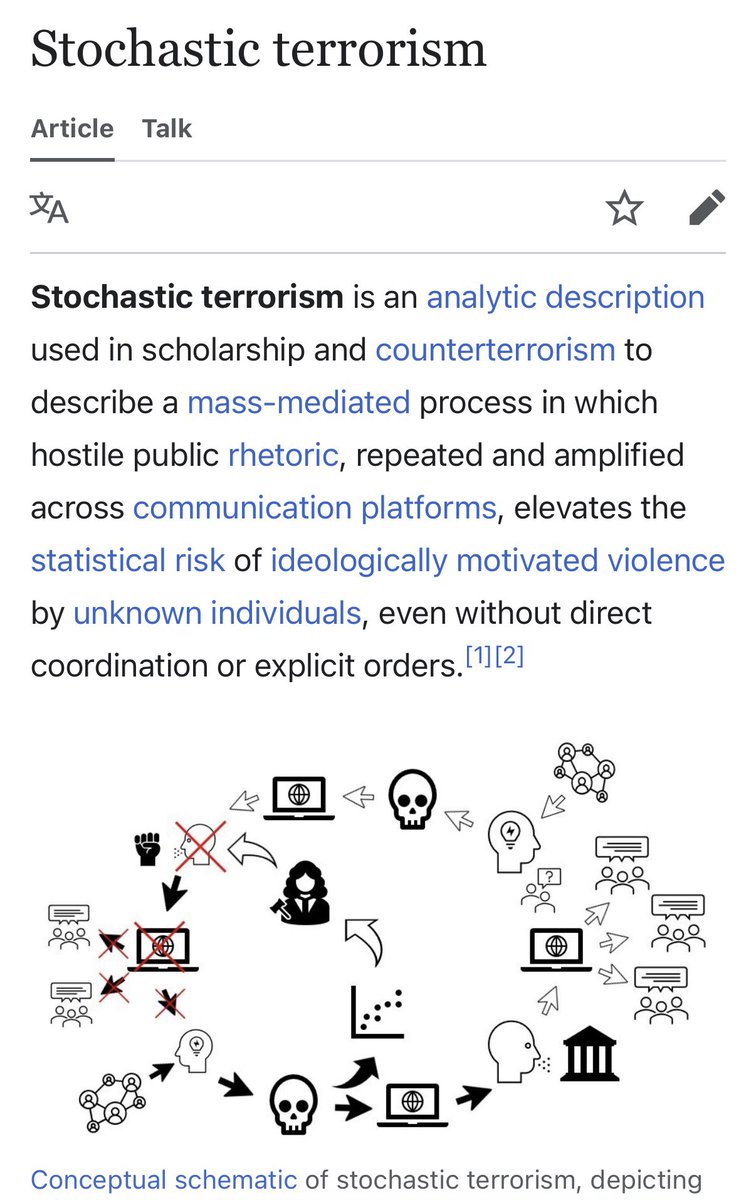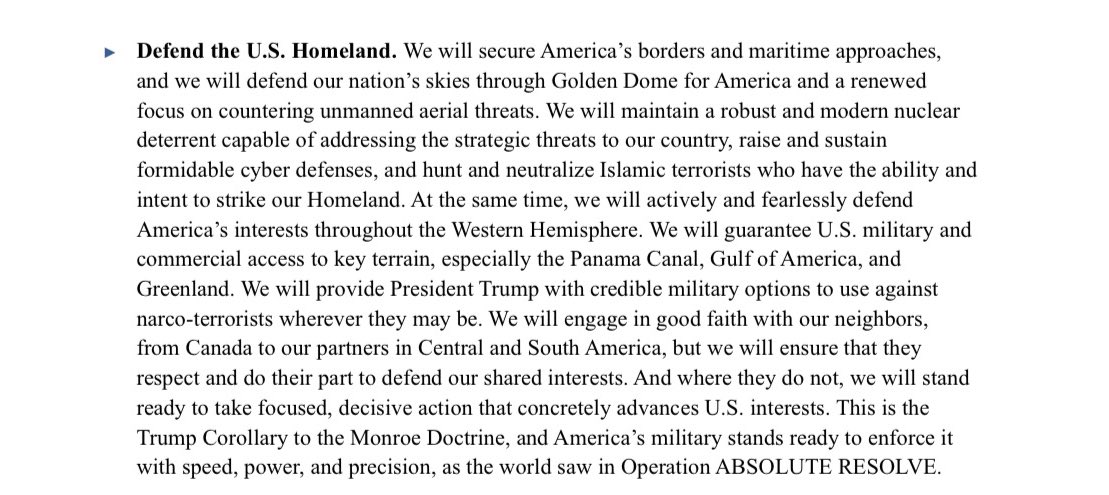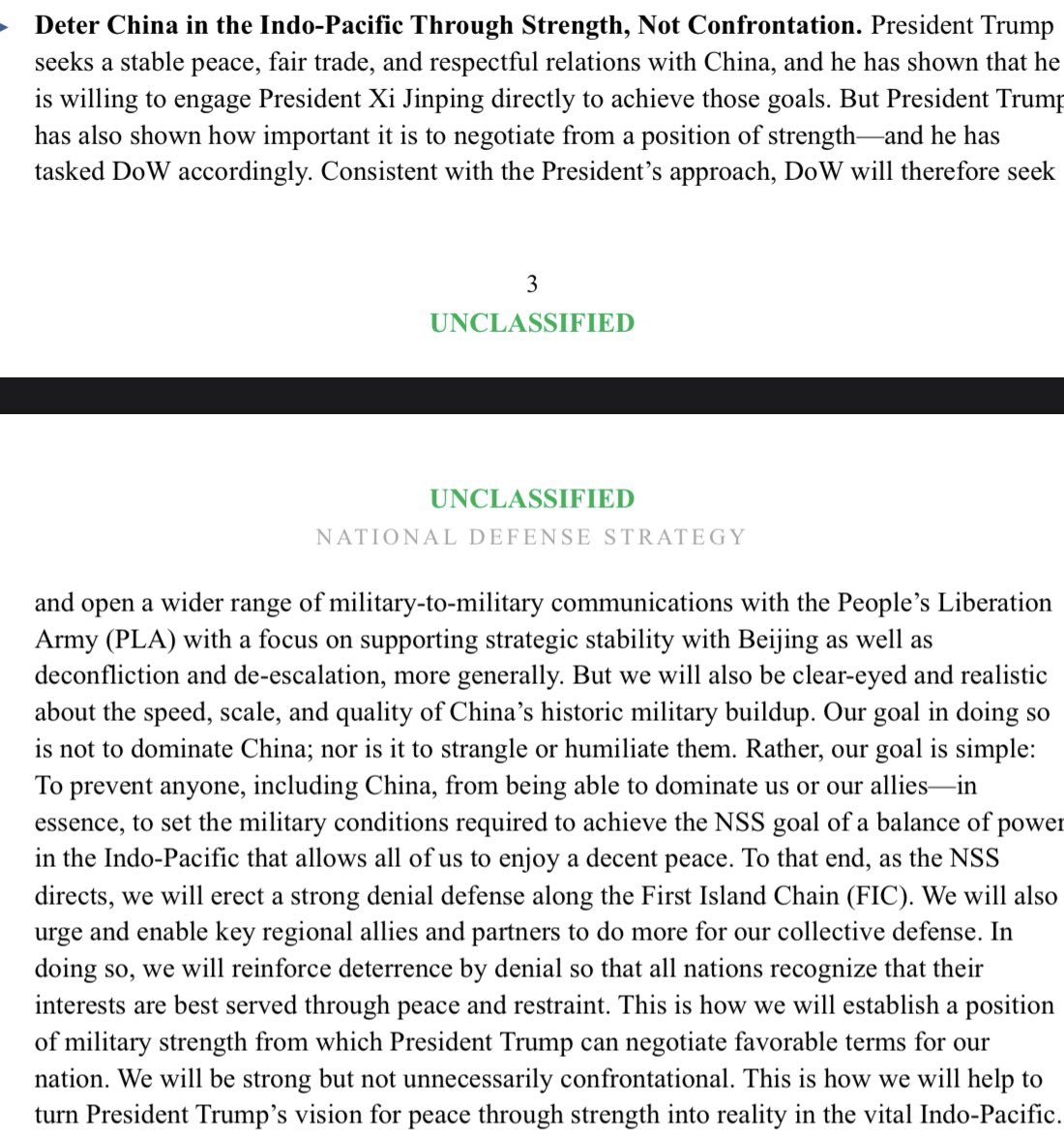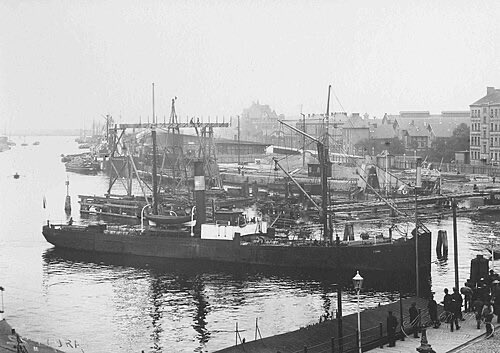She is a 20 year USCG Veteran and should understand the importance of marine pumping to refill fire department water supplies.
This topic is a MAJOR pet peeve of mine.
Let’s explore how California and Hawaii have utterly failed to use the natural resource we have: salt water. 🧵
This topic is a MAJOR pet peeve of mine.
Let’s explore how California and Hawaii have utterly failed to use the natural resource we have: salt water. 🧵
@FDNY @EsperDoD @CalPoly @threadreaderapp @gCaptain And if you love fireboats consider visiting or donating to the preservation of the greatest fireboat ever built.
FDNY’s Fire Fighter
americasfireboat.org
FDNY’s Fire Fighter
americasfireboat.org
@FDNY @EsperDoD @CalPoly @threadreaderapp @gCaptain Or go read @stevenujifusa fantastic book about the man who built her:
amazon.com/dp/1451645090/…
amazon.com/dp/1451645090/…
UPDATE:
Many are sending me this article about the problems using salt water in fire mains
It’s true, there are negative impacts but
1) the primary problem noted in the article is danger to the environment
- fish being pulled up in intakes: well there are mitigations to this, pumps don’t like fish which is why we have intake strainers. It’s not a big problem
-salt residue on the forest floor. While I’m not a biologist, animals love and need and have the ability to process salt
2) it is bad for equipment
It’s true firefighting equipment doesn’t like salt water.
Ok but
-equipment can and should be fresh water flushed afterwards.
-it’s an emergency. Equipment is damaged in emergencies
3) it’s not practical to store
As I said in my thread this is true BUT you can put partially desalinated brackish water in aquifers that can naturally filter/absorb the salt
4) There are other solutions I didn’t mention like having a large oil tanker on standby but filled with fresh water instead of oil
This solution would be incredibly expensive BUT the Navy already has a few empty tankers on standby in case of war. Why not keep them filled with fresh water?
5) As mentioned we have already used massive amounts of salt water for operations like 9/11 in the past. Read the after-action reports… there are ways to mitigate the consequences
BOTTOM LINE
The bottom line is Amuse is correct, salt water comes with problems BUT this is a massive emergency.
It’s impossible to solve time critical emergencies without trade offs.
Many are sending me this article about the problems using salt water in fire mains
It’s true, there are negative impacts but
1) the primary problem noted in the article is danger to the environment
- fish being pulled up in intakes: well there are mitigations to this, pumps don’t like fish which is why we have intake strainers. It’s not a big problem
-salt residue on the forest floor. While I’m not a biologist, animals love and need and have the ability to process salt
2) it is bad for equipment
It’s true firefighting equipment doesn’t like salt water.
Ok but
-equipment can and should be fresh water flushed afterwards.
-it’s an emergency. Equipment is damaged in emergencies
3) it’s not practical to store
As I said in my thread this is true BUT you can put partially desalinated brackish water in aquifers that can naturally filter/absorb the salt
4) There are other solutions I didn’t mention like having a large oil tanker on standby but filled with fresh water instead of oil
This solution would be incredibly expensive BUT the Navy already has a few empty tankers on standby in case of war. Why not keep them filled with fresh water?
5) As mentioned we have already used massive amounts of salt water for operations like 9/11 in the past. Read the after-action reports… there are ways to mitigate the consequences
BOTTOM LINE
The bottom line is Amuse is correct, salt water comes with problems BUT this is a massive emergency.
It’s impossible to solve time critical emergencies without trade offs.
@FDNY @EsperDoD @CalPoly @threadreaderapp @gCaptain @stevenujifusa I keep hearing that salt residue will “destroy” the coastal habitat.
Really? Then how have coastal habitats recovered after tsunamis and 100-year floods?
And if saltwater is so damaging, why is it fine for planes to dump it on wildfires but not fireboats? Make it make sense. x.com/txaggie93/stat…
Really? Then how have coastal habitats recovered after tsunamis and 100-year floods?
And if saltwater is so damaging, why is it fine for planes to dump it on wildfires but not fireboats? Make it make sense. x.com/txaggie93/stat…
@Micky_Finn @Sigdrifr @FDNY Chat GPT thinks it could pump 1-3 miles up hill and much more with booster pimps 



UPDATE 2: Fireboats and hills – can they push water uphill to put out the Pacific Palisades fire? Let’s settle this.
First, a common misconception: marine pumps struggle to pull water uphill, which is why they’re placed below the waterline. But pushing water? That’s a whole different ball game.
Let’s talk about the FDNY’s Three Forty Three, designed to pump water to the top of NYC skyscrapers.
•The 343’s pumps deliver 200 psi, equating to roughly 500 feet of vertical lift—enough for some lower elevations in the Pacific Palisades. But with many areas climbing beyond 1,000 feet, you’d need relay pumps to go higher.
•The Navy has diesel-powered salvage pumps ready to deploy in emergencies, and the SEABEES in Port Hueneme, CA, likely have equipment on hand to help stage those uphill pushes.
Then there’s friction loss:
•With 5-inch large-diameter hose, you lose 15-20 psi per 1,000 feet of hose at high flow rates. Over a mile, pressure drops significantly unless you stage relay pumps along the way.
•Larger hoses reduce friction, but they’re heavier, and gravity pulls on the water weight inside the hose, further complicating uphill pumping.
So, under optimal conditions—large hoses, relay pumps, and minimal elevation gain—the 343 could push water 1-3 miles inland, with elevations staying under 500 feet. Beyond that, logistics and physics become limiting factors.
Still, if you can get water tanks a few miles inland and 500 feet up, that’s often enough for local pumper trucks to do the rest.
Caveat: It’s easy to pick apart my math because there are too many variables to account for in a single X post—terrain, hose setup, flow rates, etc. But this is the general idea.
For a deeper dive, plenty of books and manuals out there can help crunch the exact numbers. And let’s not forget—some of the brightest fluid dynamics scientists at CALTECH are just down the road. I’m sure they’d love the challenge.
(Or just ask AI to come up with a few options based on LAFD and Navy equipment )
First, a common misconception: marine pumps struggle to pull water uphill, which is why they’re placed below the waterline. But pushing water? That’s a whole different ball game.
Let’s talk about the FDNY’s Three Forty Three, designed to pump water to the top of NYC skyscrapers.
•The 343’s pumps deliver 200 psi, equating to roughly 500 feet of vertical lift—enough for some lower elevations in the Pacific Palisades. But with many areas climbing beyond 1,000 feet, you’d need relay pumps to go higher.
•The Navy has diesel-powered salvage pumps ready to deploy in emergencies, and the SEABEES in Port Hueneme, CA, likely have equipment on hand to help stage those uphill pushes.
Then there’s friction loss:
•With 5-inch large-diameter hose, you lose 15-20 psi per 1,000 feet of hose at high flow rates. Over a mile, pressure drops significantly unless you stage relay pumps along the way.
•Larger hoses reduce friction, but they’re heavier, and gravity pulls on the water weight inside the hose, further complicating uphill pumping.
So, under optimal conditions—large hoses, relay pumps, and minimal elevation gain—the 343 could push water 1-3 miles inland, with elevations staying under 500 feet. Beyond that, logistics and physics become limiting factors.
Still, if you can get water tanks a few miles inland and 500 feet up, that’s often enough for local pumper trucks to do the rest.
Caveat: It’s easy to pick apart my math because there are too many variables to account for in a single X post—terrain, hose setup, flow rates, etc. But this is the general idea.
For a deeper dive, plenty of books and manuals out there can help crunch the exact numbers. And let’s not forget—some of the brightest fluid dynamics scientists at CALTECH are just down the road. I’m sure they’d love the challenge.
(Or just ask AI to come up with a few options based on LAFD and Navy equipment )
@FDNY @EsperDoD @CalPoly @threadreaderapp @gCaptain @stevenujifusa Some more context from maritime historian and firefighter Sal Mercogliano 👇
https://twitter.com/mercoglianos/status/1877507894679130567
@FDNY @EsperDoD @CalPoly @threadreaderapp @gCaptain @stevenujifusa We found video of FDNY’s massive fireboat 343 pumping saltwater into city fire mains
• • •
Missing some Tweet in this thread? You can try to
force a refresh












